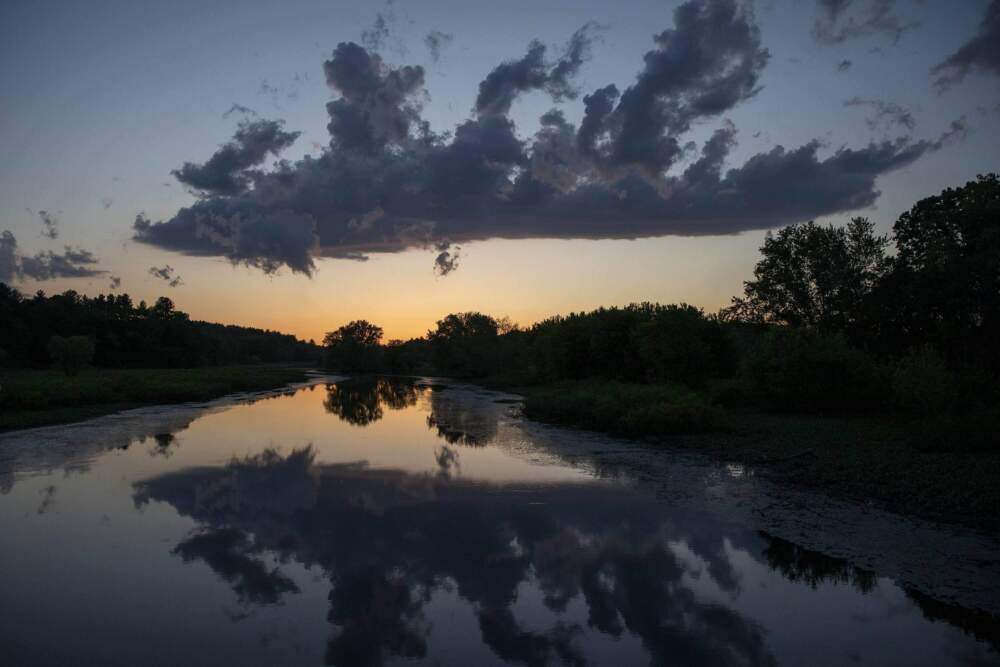Advertisement
The Weekender: Boston's Saturday Morning Newsletter
Daylight saving time ends this weekend. Here are 3 tips to prepare for the shift

Editor's Note: This is an excerpt from WBUR's Saturday morning newsletter, The Weekender. If you like what you read and want it in your inbox, sign up here.
You might vaguely recall, in early 2022, when the U.S. Senate passed a bill called The Sunshine Protection Act to make daylight saving time permanent.
“Finally!” I remember thinking to myself when the news came out. No more pitch-black afternoons in the autumn and winter. And more importantly, no more having to explain to people that the clock in my car is an hour off because I’ve been too lazy to change it.
But then, nothing happened.
The Senate’s bill never passed in the House, nor did it reach President Joe Biden’s desk. The fact it even passed in the Senate appears to be because of miscommunication among some senators and their aides. (You can read a deep dive about that here.) After all, the last time the U.S. tried permanent daylight saving time, Americans hated it.
In other words, it looks like the semiannual switch between daylight saving time and standard time isn’t going anywhere anytime soon — and certainly not before 2 a.m. tonight, when the clocks once again jump back an hour.
The “spring forward” in March (where we lose an hour of sleep) is often considered trickier to navigate than the November reverse. Still, darker afternoons can affect our moods and exacerbate symptoms of seasonal affective disorder that had been kept at bay during the sunnier months, leading to that general cold season slump many of us in Boston are all too familiar with.
But it’s not all bad. (Yay, sleep!) We’ve got a few suggestions to help you survive the switch this weekend — and the season to come.
- If you suffer from seasonal affective disorder, this can be the hardest time of year. The Common spoke with Dr. Michelle DiBlasi, a local psychiatrist, who suggests those struggling with SAD symptoms should focus on maintaining contact with close friends and loved ones when they begin to feel low. “It’s easy to become isolated, which can lead to feeling more down. It’s very important to stay connected,” said Dr. DiBlasi. You can hear her full interview here.
- Drivers, keep an eye out on the road. According to a 2022 study, the end of daylight saving time in November coincides with a 16% increase in vehicular collisions with deer nationwide, due to low visibility during commuter hours (and deer mating season). In fact, Massachusetts saw the most deer crashes in decades last fall. If you’re zipping down a wooded roadway in New England after dark, make sure to slow down a little, use your high beams and stay alert when going around curves.
- Dark afternoons may make you feel like nighttime has come early, but the day doesn’t have to end once the sun sets — especially with so many hours before bedtime! Check out our winter guide for fun spots across the city that will keep you entertained (and warm) until spring. The Common also has a list of exciting events this month that will get you out of the house.
P.S. — How does the time change affect you? And do you think permanent daylight saving time would work in Massachusetts? (You can read more about the debate here.) Send us an email at newsletters@wbur.org and let us know your thoughts.
